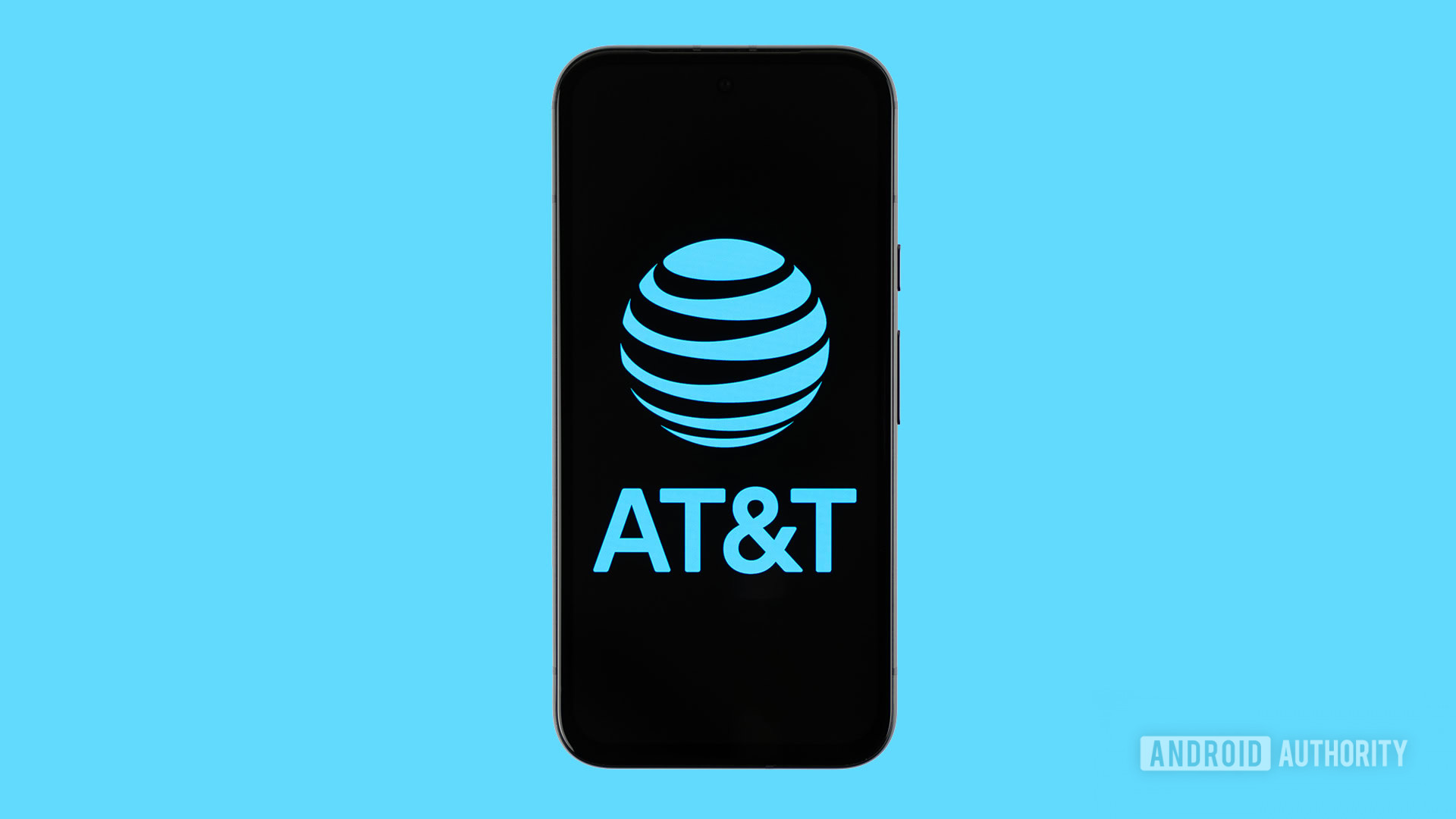
Edgar Cervantes / Android Authority
TL;DR
- AT&T plans to retire its copper landline network by 2029, transitioning customers to the digital AT&T Phone-Advanced service.
- Phone-Advanced offers spam call blocking, compatibility with home alarms and fax machines, 24-hour battery backup, and the ability to keep users’ existing numbers.
- The new service promises lower monthly costs, and some customers have already reduced their bills significantly.
You may think landlines are a thing of the past, but around 70 million Americans still use them. AT&T customers form a chunk of those landline users, with the company’s copper network spreading across 21 states. But by the end of 2029, the carrier wants to retire most of its landline network and replace people’s dumb copper line phones with the next-gen AT&T Phone-Advanced.
According to Bloomberg, AT&T is currently in the process of convincing landline customers to move to AT&T Phone-Advanced before it shuts down its copper network entirely. The carrier also needs the FCC’s nod to pull the plug on its traditional landline service, which it hopes to get by convincing the regulator that Phone-Advanced is a viable home phone replacement.

So what is AT&T phone advanced? It’s a digital phone service that uses AT&T’s mobile network and can also tap into any home broadband connection. The device itself looks like a Wi-Fi router that comes with two antennas. It plugs into a power socket, and you can attach your existing landline phone to it — no need to buy a new phone. The device also comes with a 24-hour battery backup in case of a power outage, thereby serving the same function as a landline. What’s best is that landline users can keep using the same number. This is great for people who are attached to their old home phone numbers and don’t want to give them up. They get to keep the number and have a more modern home phone experience.
Additionally, AT&T Phone-Advanced can detect and block spam calls, going one step beyond a traditional landline. The carrier says it will also work with conventional home alarms, medical monitoring devices, and even fax machines.
Overall, the service should be much cheaper than paying for a landline. AT&T has already moved over 16,000 customers to the new devices. In one case, a landline user’s monthly payout went from $120 to $40 after switching to Phone-Advanced.









